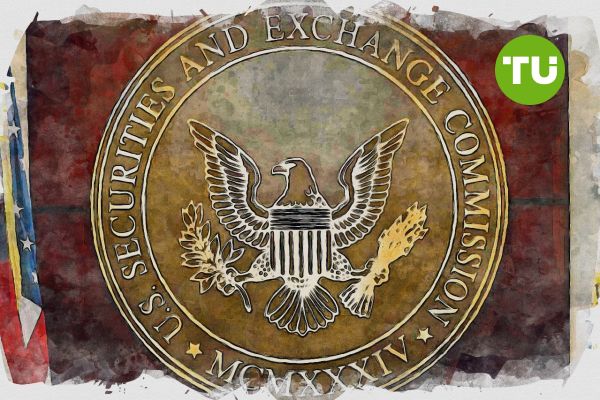SEC highlights disclosure expectations for blockchain and tokenized assets
 SEC expectations for blockchain and tokenized assets
SEC expectations for blockchain and tokenized assets
In a move aimed at enhancing regulatory clarity in the fast-evolving digital asset space, the U.S. Securities and Exchange Commission (SEC) has released new guidance detailing the kinds of disclosures expected from companies dealing in blockchain-based tokens and crypto assets.
While the statement carries no legal force, it provides a significant signal of the SEC's current thinking and expectations, according to the Cryptopolitan.
The Division of Corporation Finance emphasized that crypto firms should provide comprehensive disclosures covering business operations, token functionality, and network participation. The guidance also calls for firms to outline how they generate revenue, whether they plan to remain involved in the ecosystem, and if not, who will take over their role.
Technical transparency and risk disclosure
The SEC’s recommendations extend into the technical architecture of crypto projects. Issuers are urged to describe the nature of their blockchains—whether they are proof-of-work or proof-of-stake systems—as well as other key details like block size, transaction speed, and network security. The agency also stressed the importance of disclosing whether the codebase is open-source and subject to external audits.
The staff statement builds upon ongoing efforts by the SEC’s Crypto Task Force and comes ahead of the agency’s upcoming roundtable on crypto trading. It reflects observations of existing market disclosures and aims to align industry practices with investor protection standards.Legal experts have largely welcomed the move. “This is a constructive step toward clearer expectations,” said Joe Carlasare, a commercial litigator. “It allows firms to show good faith and align themselves more closely with regulatory norms.”
While the SEC stopped short of classifying which digital assets qualify as securities, the guidance signals a continued push for accountability and transparency across the crypto industry.
Meanwhile, the U.S. Securities and Exchange Commission (SEC) has recently instituted a significant procedural shift that requires its enforcement staff to seek approval from the Commission before formally launching investigations.













































































































































